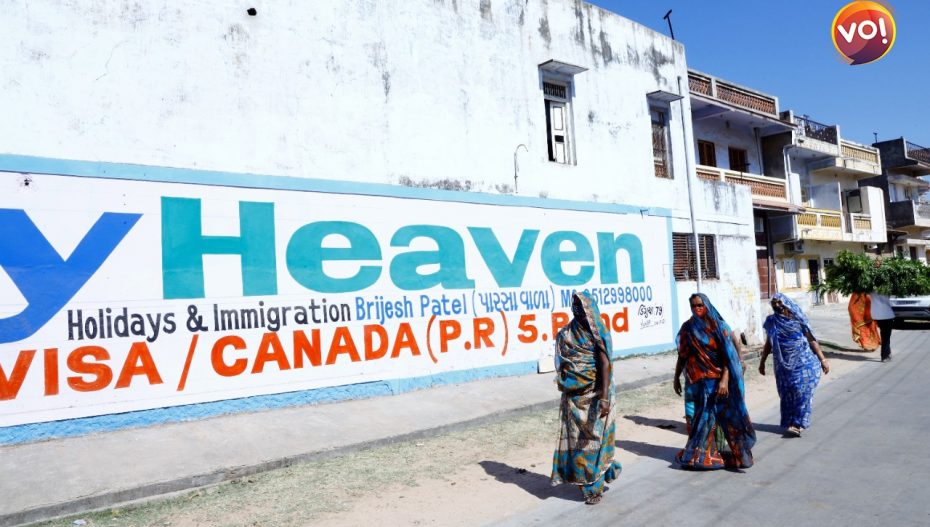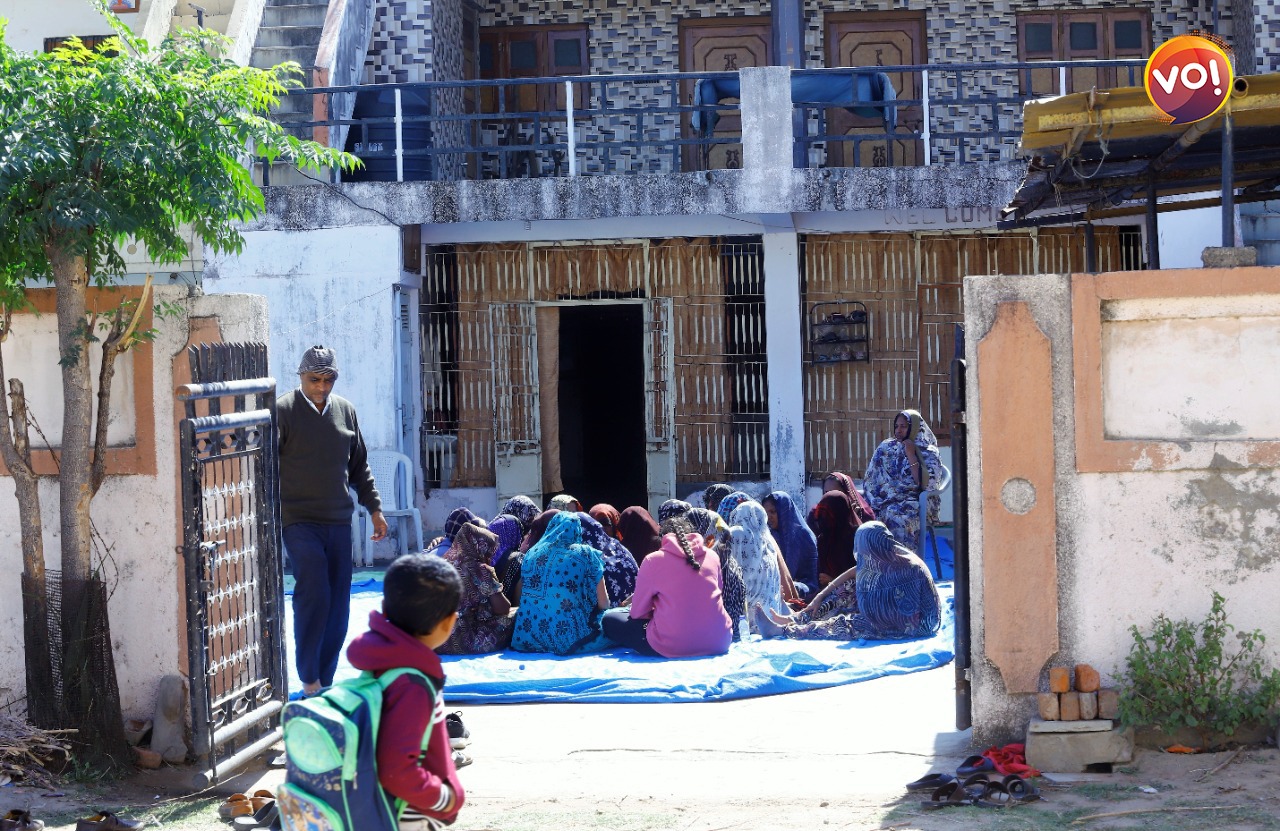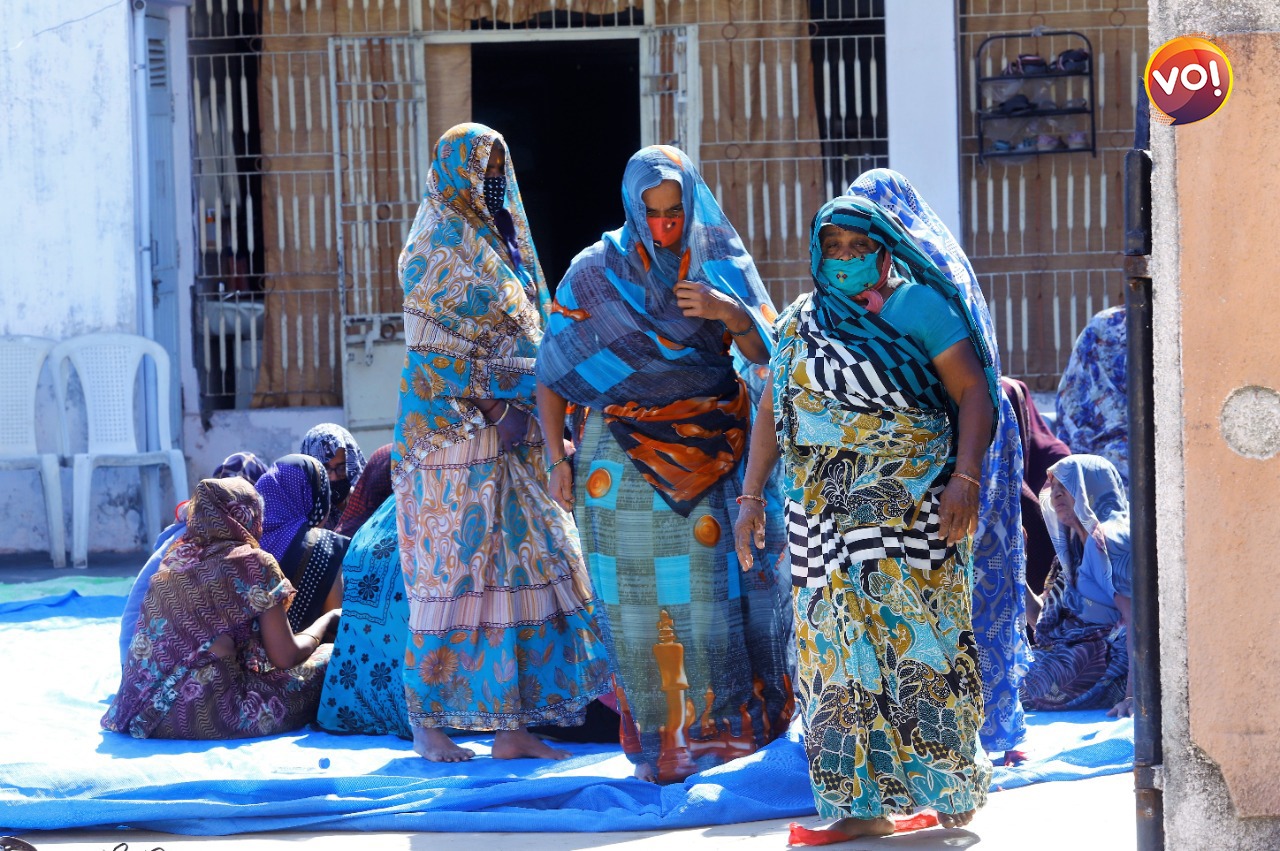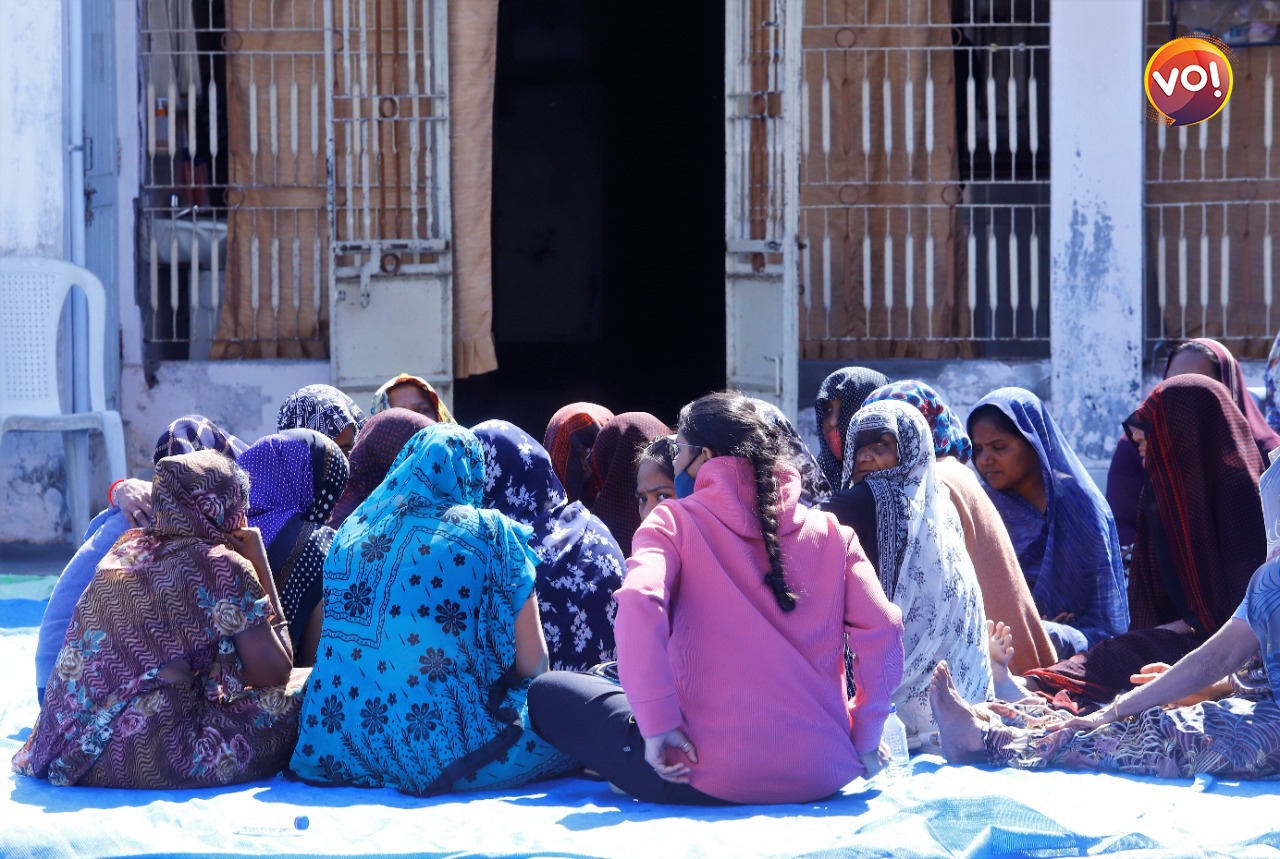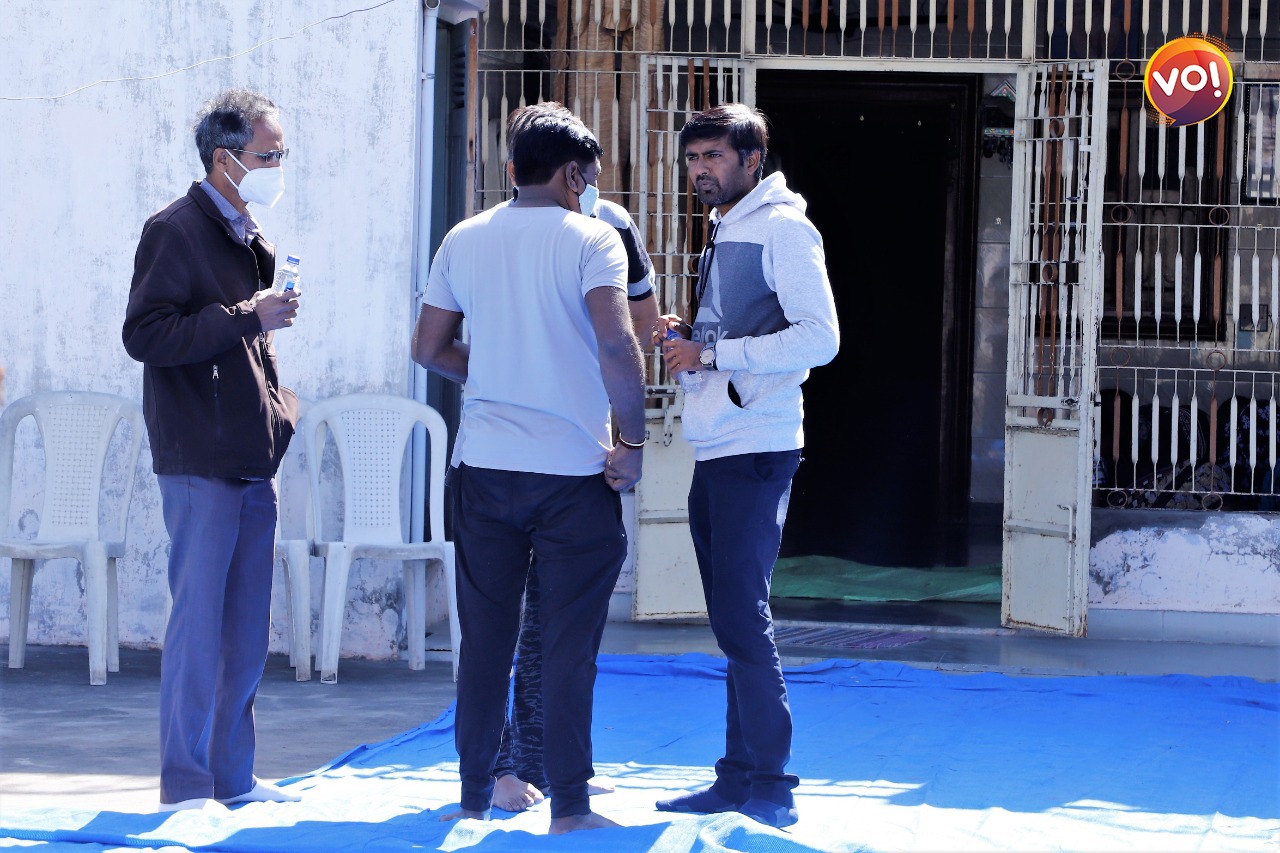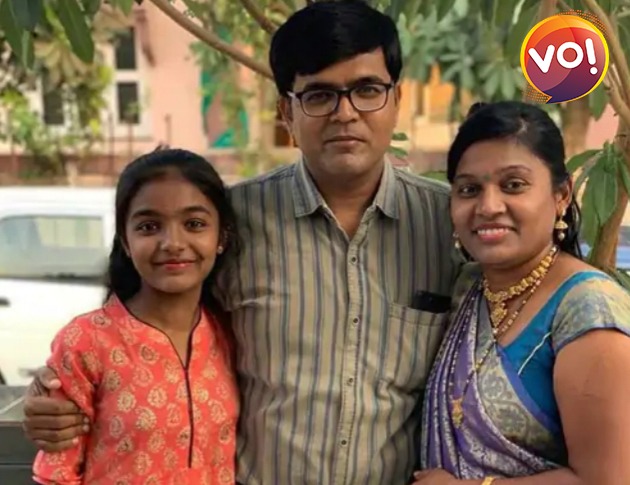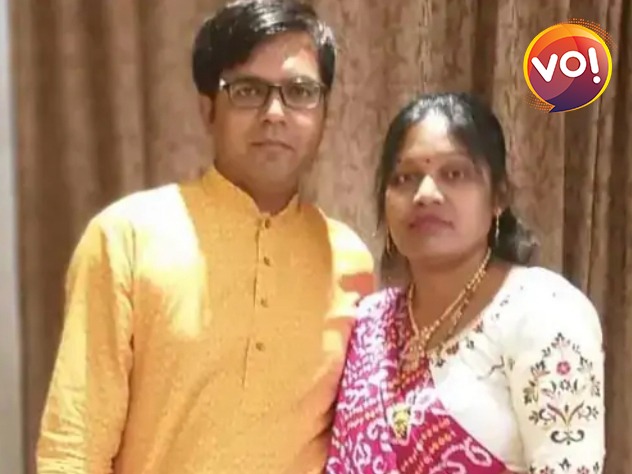Jagdish Patel, who died while trying to illegally enter the US through the Canadian border with his family, will undergo his last rites abroad. “We don’t have the money to bring back the bodies,” said his relatives back home.
Vibes of India nearly spent nearly two days in Dingucha deciphering the death of the Gujaratis that froze to death near Emerson on the Canada-US border and their inherent desire to take life-threatening risks for the big American dream. Till Thursday morning, Canada had not declared the identities of the victims. Carrying an old studio-shot picture of Jagdish Patel, his wife Vaishali and kids Vihangi and Dharmik, we spoke to over 20 people, most of whom had said though Dingucha is a small village; the Patels had not confided in many people about their plans. The Village is scared now. There are at least 300 immigrants from nearby villages in America. “How to spot CIA officers if they come here a group of middle-aged men asked us.
Late Thursday night, Congress leader Baldevhbahi Thakor who helped Vibes of India identify the victims social and economic history and lead us to the family’s home, asked us to reach the village early morning today for a prayer meeting that was being held in honour of Jagdish, Vaishali, Vihangi and Dharmik. Ironically, the mother of the deceased, Madhuben Patel, a deputy Sarpanch of the village or her husband left the village and did not attend the prayer meeting.
With wrinkles on her time-worn face, the feisty woman who had fed us homemade rice crispies stacked in a Costco Bag was in no mood today when I called her up on her cell. Sounding almost sardonic, she said, “Baayla theeji gaya. Gaam ni aabru gai. (It is derogatory that this half-man could not take the weather of Canada).This quote is offensive; but we decided to retain it).
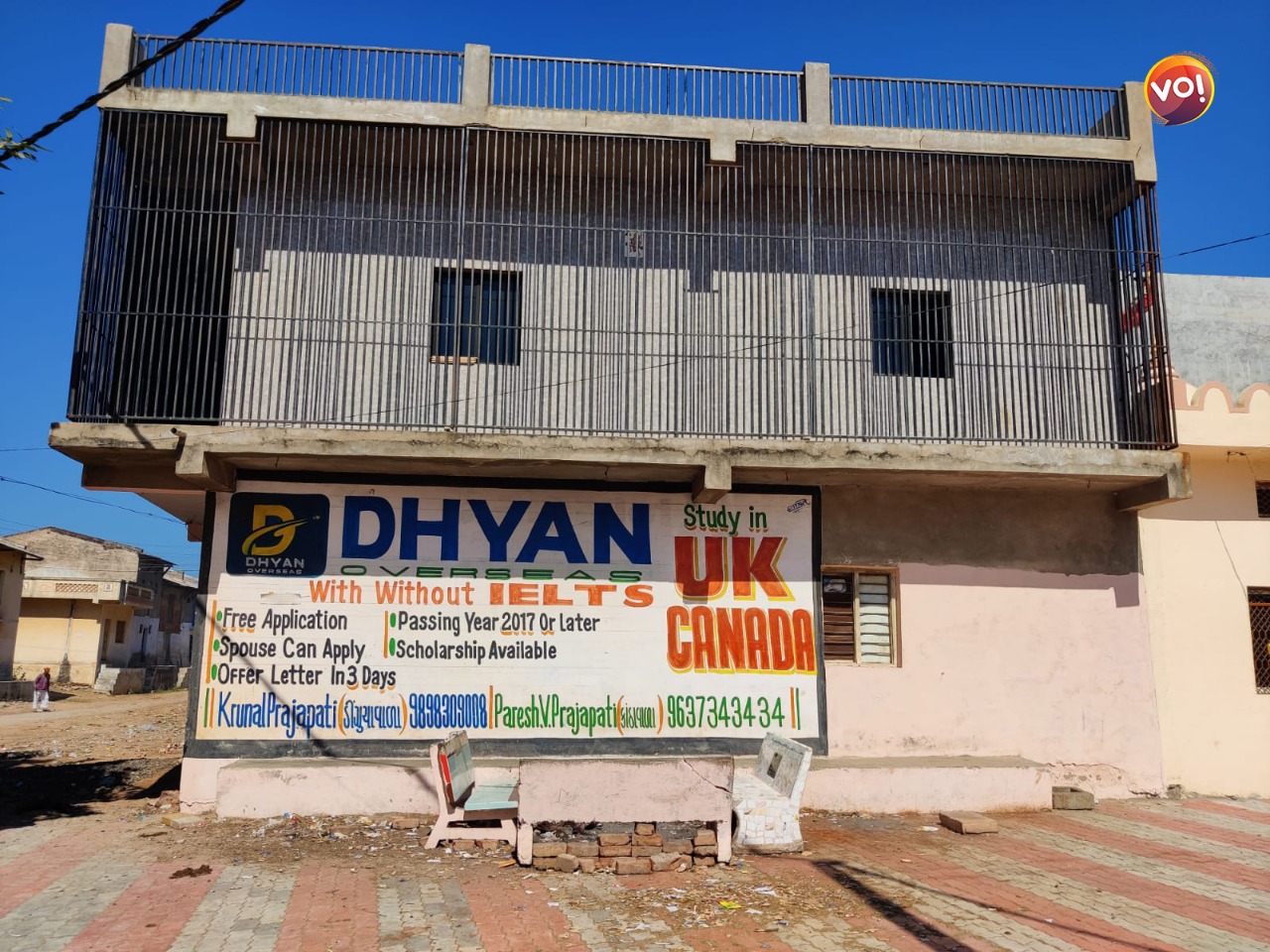
It struck me like a light bomb. Why would the glory of the ‘glitzy-looking American life’ be affected? To my question, she snapped, “You think Dingucha has any future now? For the next few seasons, we will rot in poverty and then let’s see who gathers the guts and becomes a hero to become another illegal immigrant. Also, Americans are not fools.”
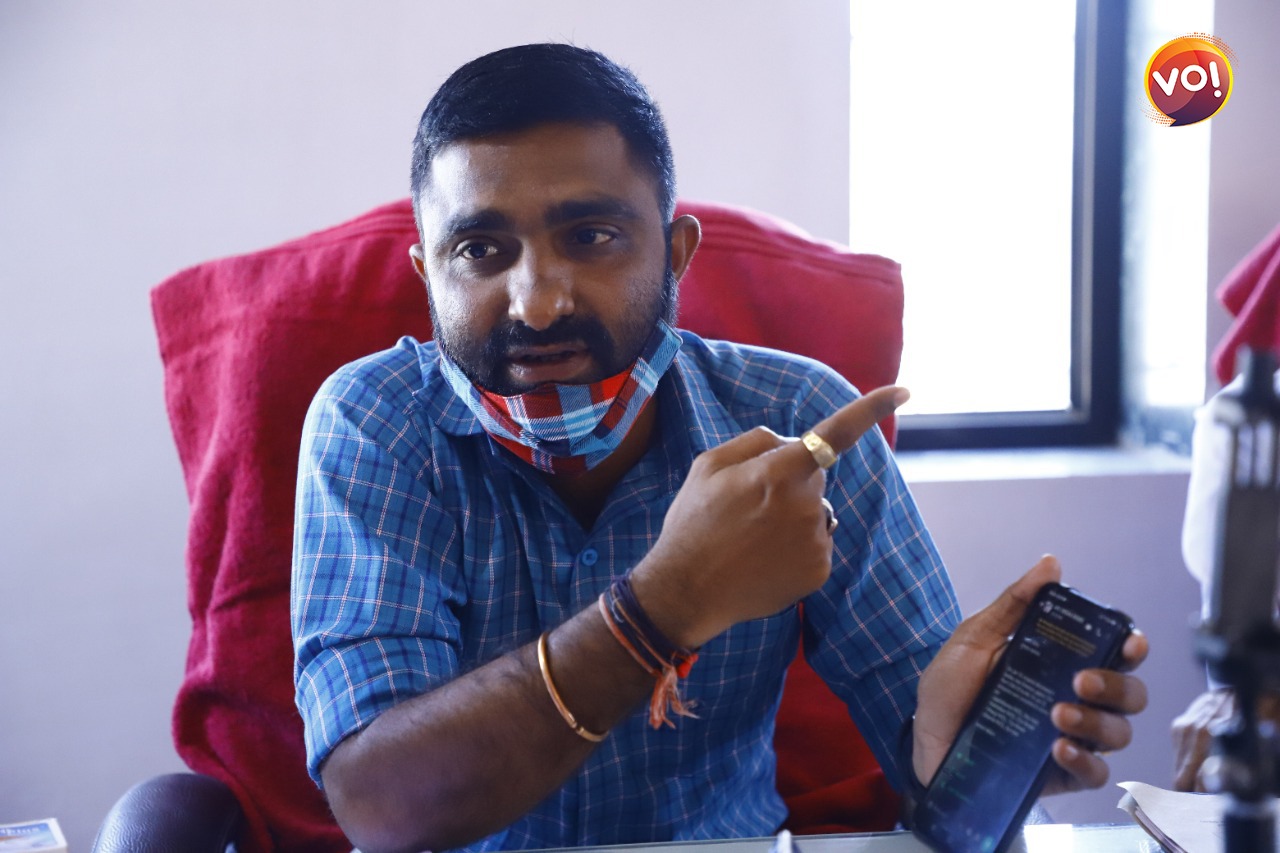
But you always have your farm, I said, “Do you think Patels in this village get any respect?” and heard a click as I realised that the connection – both cellular and personal – had been cut.
Before reaching Jagdish Patel’s home, we passed by Heavenly, an immigration agency sign board for Canada. Another was even more interesting. “You don’t require an IELTS to go to Canada,” it boasted. A driver bragged that Digucha men have also been to Oxford without a visa. “We are smart people. This Jagdishbhai has nothing but his destiny to blame,” he said unkindly. he was a teacher; there are so many uber people who have cars now in America.
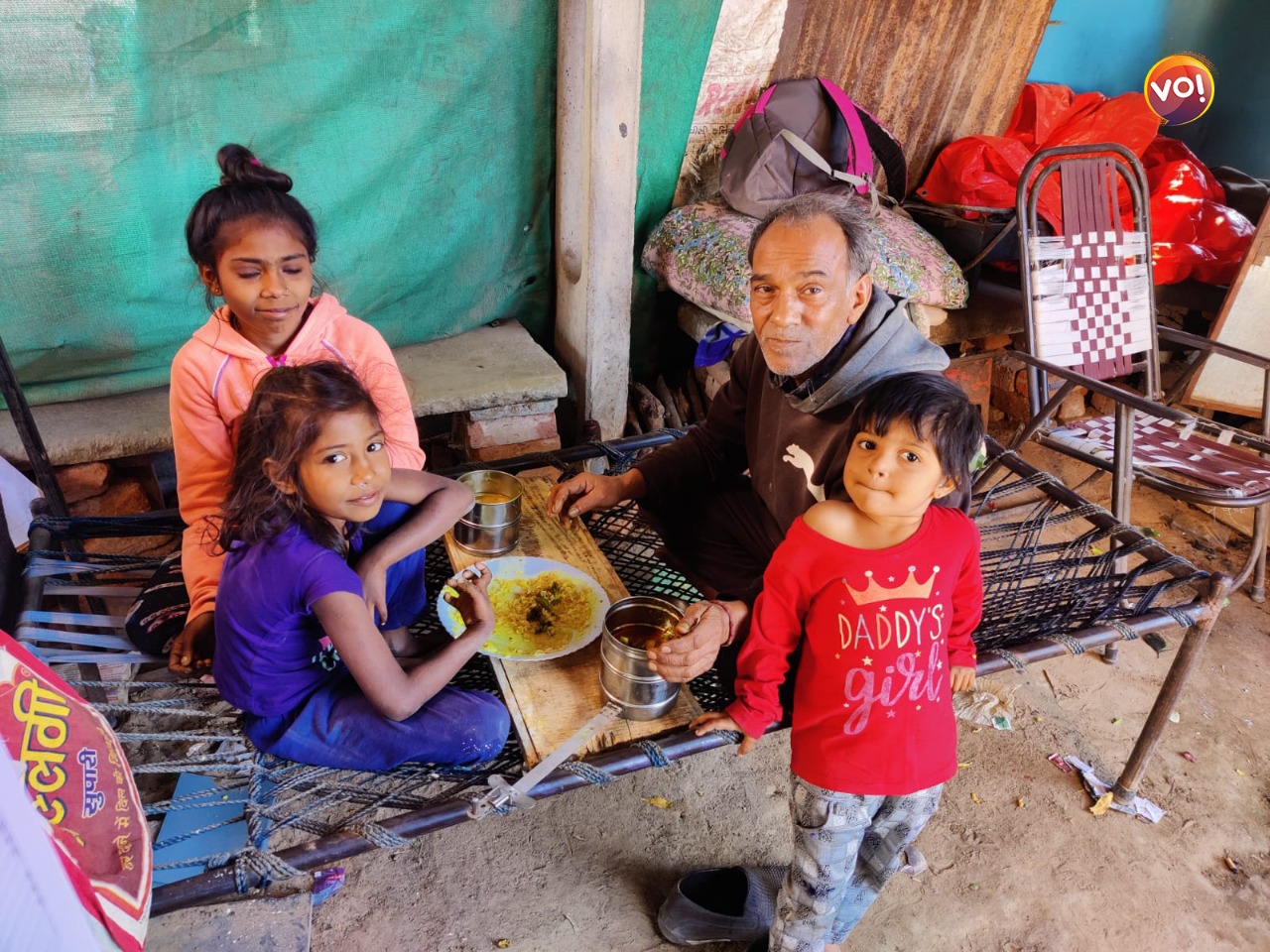
At Jagdish Patel’s one-storeyed house, over 40 people had gathered to mourn the death. Outside I tried to build rapport with a woman who said I could call her Daxa. She was getting late to cook for her husband who worked in a nearby factory and was getting late for his shift. The factory made him work for 102hours and paid him Rs 8,000 every month i.e about $106. “We are eight of us dependent on that amount,” she says woefully, stressing that their “immigration” process will now have to wait for a while. “{I hate the idea but I hope my husband does not dump us in Australia. Australia is good only for younger,” she enlightens us.
Daxa said she knew Vaishali and she was a “fashionable woman“. “Vaishali wanted to work in a beauty salon there (in the US),” she said, adding “So what if she died? Vaishali could escape Dingucha. She will get a good cremation (there). Here, it is like living a daily death. There is no money for anything.” You know Government has even stopped us giving free sanitary napkins, she said.
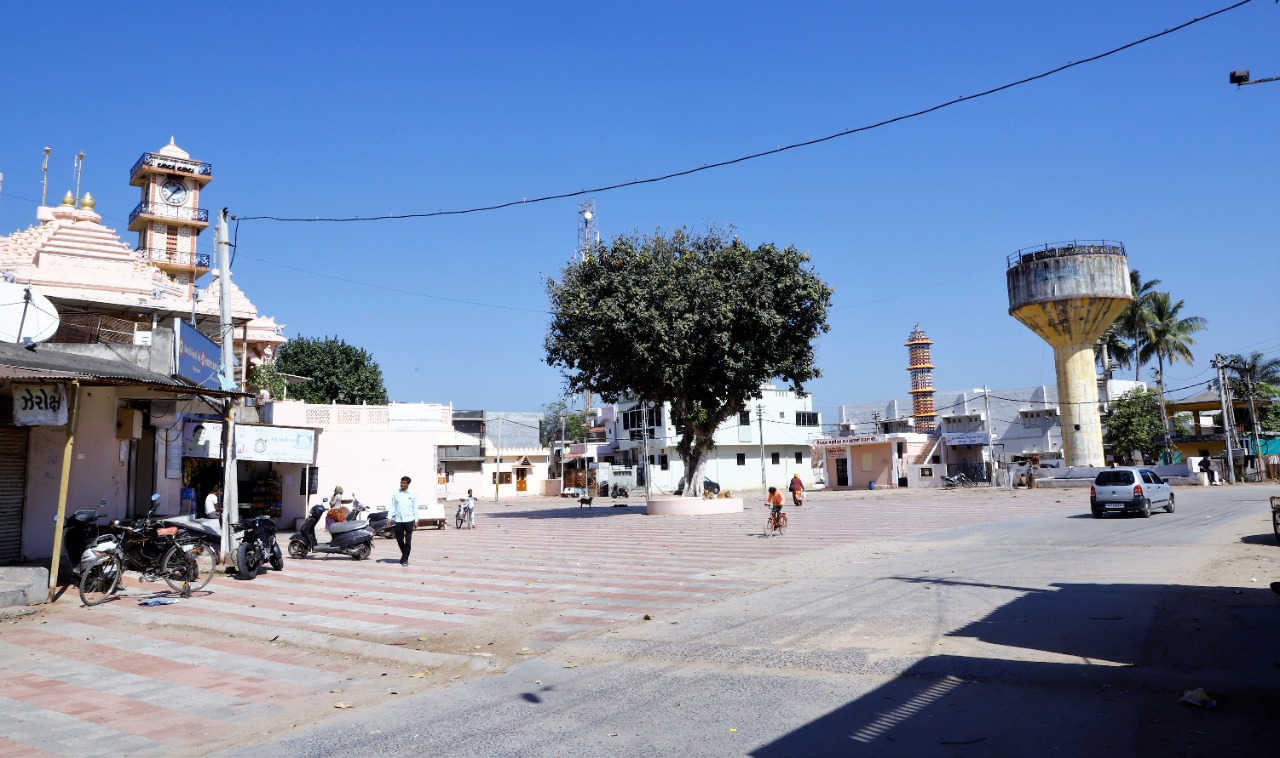
Death over life
Life is cruel. Death is gentle. A relative of the Patels surprises us. His cousin Jashvant is absolutely clear. They cannot afford it and they do not want to bring the bodies back to Dingucha.
“My only wish is that the Canadian government gives them a Hindu cremation. We are BJP voters,” he adds.
Congressman Baldev Thakor says, “Our external affairs minister Dr S Jaishankar represents Gujarat. I request them to probe this incident.”
Interestingly, Jagdish Patel’s mother Madhubhen is the deputy sarpanch of Dingucha. She had already left the village at the moment and is heartbroken at losing her young son and family.
“Madhuben has been the deputy sarpanch of our village for five years. If her son had to illegally migrate to the US to earn a better living and get frozen to death, think about us,” a villager tells us adding that “our Gujarat Chief Minister is Bhupendra Patel but let me tell you there are no jobs for Patels here”.
Jagdish Patel was a graduate, still, the school refused to pay him decent money. The factory where he worked gave him less than Rs 9,000 a month. Did he have any option but to not try becoming an illegal immigrant?, his cousin Jaswant says.
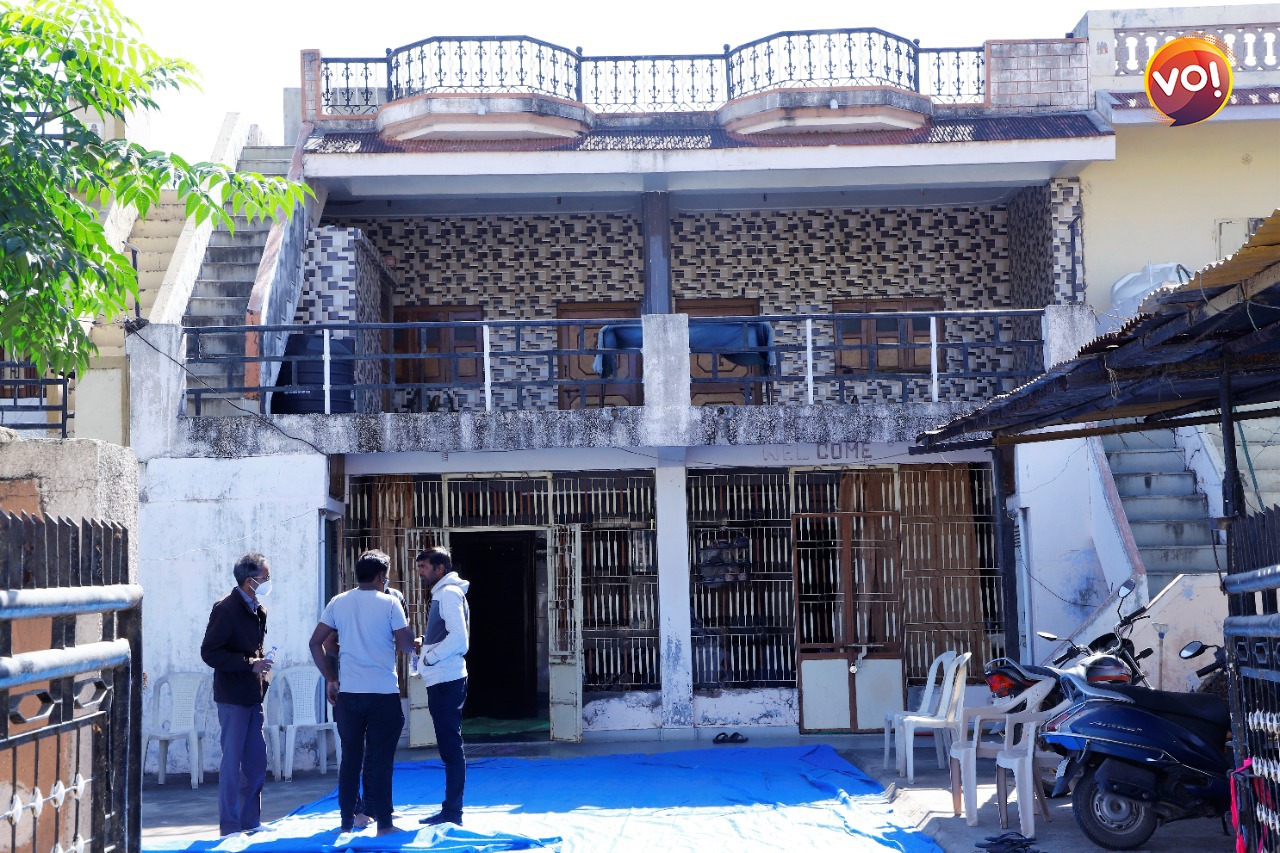
Vibes of India was the first to report about the deaths and their Gujarat connection.
Before taking this risky decision, Jagdish had apparently tried his hand at being a teacher, a textile trader, a farmer, and a kite seller but there was no money coming in. For a while, he moved to Ahmedabad, but he could not earn decent money.
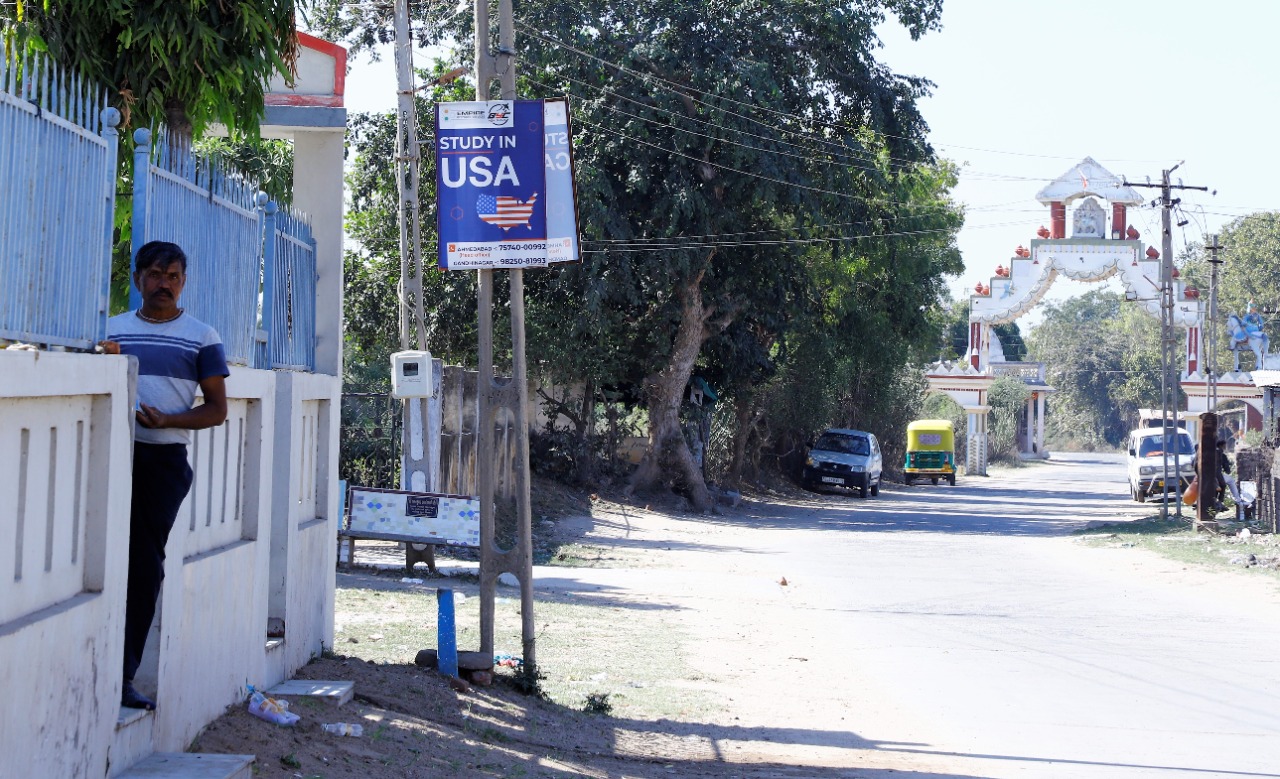
Jagdish spent one whole year studying how he would get to America.
Interestingly, except for two people, no one knew he was going to America. And no, he was not going to desert his village. He wanted to come back only after his children completed college and got married.
On my way back, I was given names of 59 villages which each had at least three illegal immigrants in America; Janvi has many interesting stories and statistics.
Small village, big dreams
Dingucha village, located 44 km from Ahmedabad, has an official population of 3,284 people (2011 census). It consists of Thakors and Patels who are majorly into farming and factory labour. To fetch better employment opportunities, most families here have at least one member working in the US or Canada.
“If a child is born in Dingucha, one thing is written in his fate – he will go to America. If a man neither goes to the US nor has any relatives there, then there is a faint chance that he will even get a bride,” a local tells us about the unwritten norms of Dingucha.
Official data states agriculture (232 people), agriculture labourers (321), gruh udhyog (17) and other occupations (452). Over 266 families live below the poverty line. The village barely has two primary schools in the name of educational infrastructure.
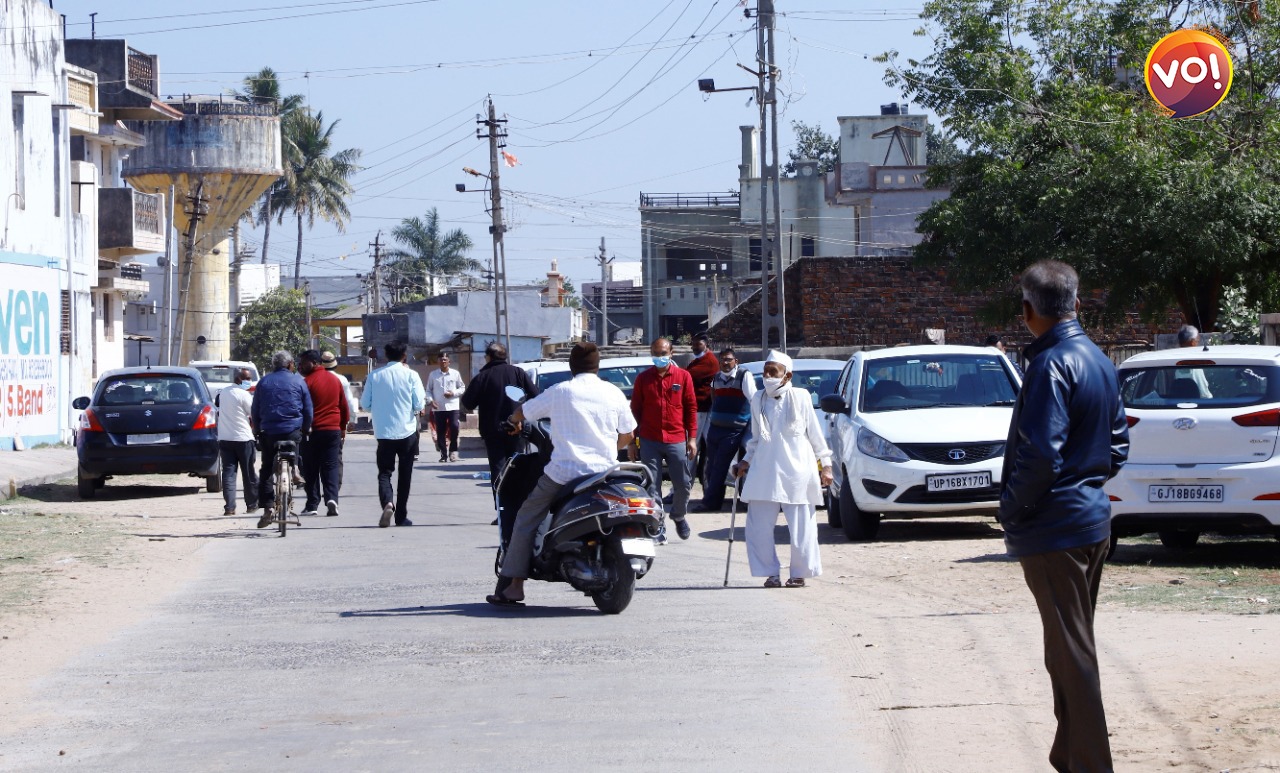
A young 29-year-old who meets us at Fiesta, a fancy-sounding restaurant, chats with us. He is unmoved by the tragic deaths of the Patel family. “I am preparing for my IELTS. I will go to Canada and America and in the right way. I want to become a policeman there.”
And, he emphasises, “I would not come to Diguncha for the next 20 years. Because whoever has come says, nothing has changed in this village.”
Photos by: Hanif Sindhi


